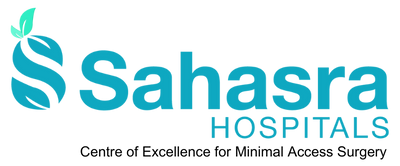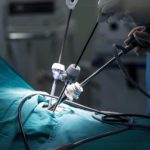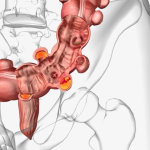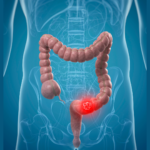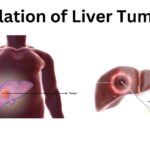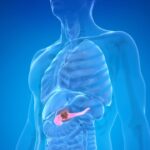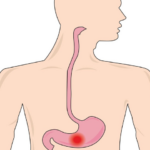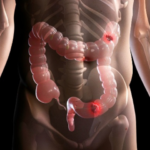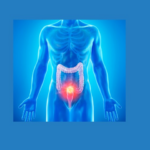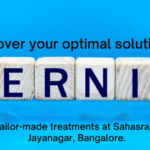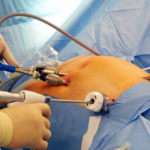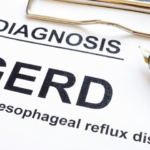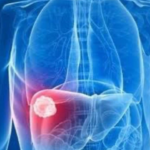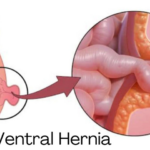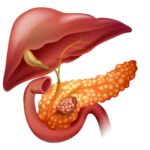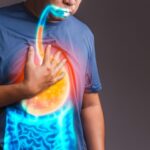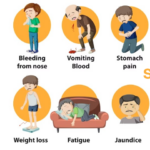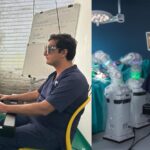What is GERD?
Gastro-Esophageal Reflux Disease abbreviated as GERD is a health condition that occurs when the muscle separating the esophagus from the stomach becomes weak and allows the contents of the stomach to enter into the esophagus.
As a result, the digestive acids from the stomach move up from the stomach to the esophagus and cause a burning sensation accompanied by pain and a feeling of unusual pressure in the chest. The symptoms of GERD also include coughing if the stomach contents make their way up to the trachea.
Although the cause of GERD, also known as acid reflux, is still not known from a medical perspective, the lifestyle and dietary disorders such as obesity, smoking, alcohol consumption, intake of carbonated drinks, and fatty-food consumption are some factors that are known to cause and worsen this medical disorder.
People with hiatus hernia are also highly likely to develop GERD. It can also be caused due to food allergies or sensitivities and the inability to digest certain foods. Often times, doctors prescribe PPI (Proton Pump Inhibitors) medications such as Prilosec, Nexium, and Prevacid to patients complaining of heartburn or GERD.
How is GERD linked to CKD (Chronic Kidney Disease) ?
Recent studies and new researchers at Washington University School of Medicine in St. Louis and Veterans Affairs St. Louis Health Care System have clearly shown that people who consume PPI medications for too long are highly probable of developing serious kidney diseases. It has also been proven that the higher the dosage of PPI, the higher is the risk of a chronic kidney ailment.
PPI medications for GERD work by lowering the amount of acid that is produced by the stomach to digest the food and are thus commonly known as stomach acid suppression drugs. Patients who consume PPI drugs on a regular basis have been proven to be 20% (PPI consumption once daily) to 50% (PPI consumption twice daily) more likely to develop a serious kidney ailment than the others.
PPI medications are known to cause repeated episodes of acute kidney injury (AKI) and eventually lead to Chronic Kidney Disease (CKD). In extreme cases of chronic kidney diseases, the kidneys may even lose their ability to filter blood properly. This results in chronic kidney diseases and can eventually lead to kidney failure. To be able to survive, the patient may not be left with any choice except to opt for regular dialysis or a kidney transplant.
Some other researches have linked the overdose of PPI to dementia, bone fractures, heart diseases, and pneumonia as well. PPI is also known to cause a decline in the magnesium levels of the body which inturn causes harm to the kidneys and poses a serious threat to life. PPI drugs have also been associated with premature deaths due to cardiovascular diseases and upper gastrointestinal cancer.
Conclusion
GERD must never be ignored as chronic cases of acid reflux can damage the esophagus and lead to infection, bleeding, and even blockage. GERD causes heartburn which is an indicator of an underlying health issue such as stomach ulcer, gallbladder disease, stomach blockage or some issue with the esophagus.
You must consult a gastroenterologist to speak to them about your exact symptoms along with the frequency of acid reflux incidences. This will help with the diagnosis and treatment of the actual cause of GERD.
Gastroenterologists may suggest PPI drugs for a short duration of time to offer immediate relief to patients from the extreme symptoms of GERD. You must, however, never consume PPI medications without a doctor’s recommendation. Always discuss the risks and benefits of PPI drugs with your doctor and avoid consuming them for over two weeks at a stretch.
If you are advised long term need for PPI drugs, you must monitor the development of chronic kidney disease and watch out for other associated risks such as iron deficiency, B12 deficiency, diarrhea, and pneumonia.
Your search for a highly qualified and experienced surgical gastroenterologist in Bangalore ends with Dr. Srikanth Gadiyaram at Sahasra Hospitals. Dr. Srikanth always insists on an accurate diagnosis before treatment of any ailment of the digestive system. He has over 2 decades of experience and specialization in the Anti-Reflux Surgery for GERD.
The Anti-Reflux surgery is a laparoscopic procedure where the doctor makes 5 small incisions to reinforce the valve between the esophagus and the stomach. Usually, the procedure is completed in a single day stay at the hospital but patients with complications may require an extended stay. This procedure is safe and has a high success rate.
It has also proven to be beneficial for patients who have relapsing symptoms. It cuts down on the need to consume PPI drugs and thus reduces the chances of developing CKD. The Anti-Reflux surgery is undoubtedly the ideal choice for GERD treatment. For more details, treatment process, and procedure fee, book a consultation with Dr. Srikanth Gadiyaram at Sahasra Hospitals today!
